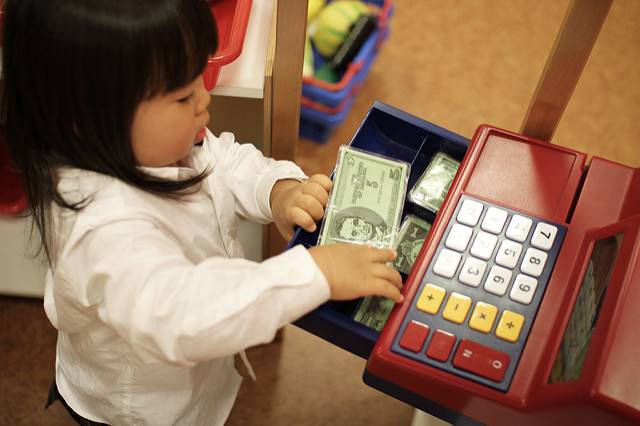
Kids have their problems to worry about such as what toy they’ll play with today, or what kind of snack they’ll get before lunchtime. Most parents accept the fact that being a child is not very relevant with managing finances, dealing with and avoiding debt, or caring about savings. However, in recent years, a general interest in finances and how kids see them has surfaced, meaning that the perception parents have towards their children learning finances early on has shifted. Ultimately, parents need to know how to explain finances to their kids, so they don’t grow up with vague notions about what it means to use your money responsibly, thus ending the cycle of failing before succeeding.
Keep them up to date
The biggest problem regarding kids not understanding finances is that they aren’t exposed to finances early on. Instead of “shielding” your children and only discussing estate affairs in private, try to include your kids in the conversation and let them hear what’s going on regularly. The best way for them to learn is by always hearing about how you, the parent, deal with finances on a regular basis.
Claim up to $26,000 per W2 Employee
- Billions of dollars in funding available
- Funds are available to U.S. Businesses NOW
- This is not a loan. These tax credits do not need to be repaid
Bring everything down to a kid scale
It’s important to teach your children about the importance of saving money or investing smartly, but don’t expect them to follow you through long speeches they barely understand. The easiest and most efficient way of getting the message through to them is through games and fun activities. For example, you can play Monopoly as a family. No better game or family event could teach your kids about the consequences of poor investments and the benefits of smart ones.
Explain to them what’s happening as you go on and help them understand what led to you having that high position on the board. You can also give them their piggybank. It’s an enjoyable and efficient means of teaching them about the benefits of saving money and how not spending it all at once can be very good for them. Losing isn’t nearly as much fun as winning so you could even help them out in Monopoly and lend them some cash. You can use this as an opportunity to teach them a stripped to basics version of things like buddy loans or guarantor loans, which they would probably not understand otherwise.
Teach through example
The things you say will never have nearly as big of an impact as the things you do. The best way for your child to learn and understand is by seeing their parents and how they tackle debt, investing in advantageous things and saving up in the long run. These things, paired up with constant explanations will help them understand where you’re going with things and how finances work on a broader level.



